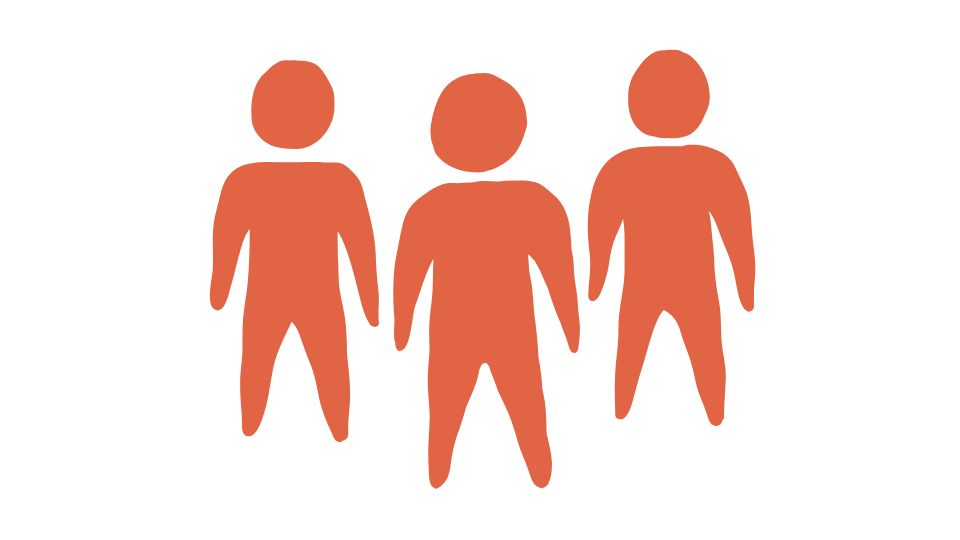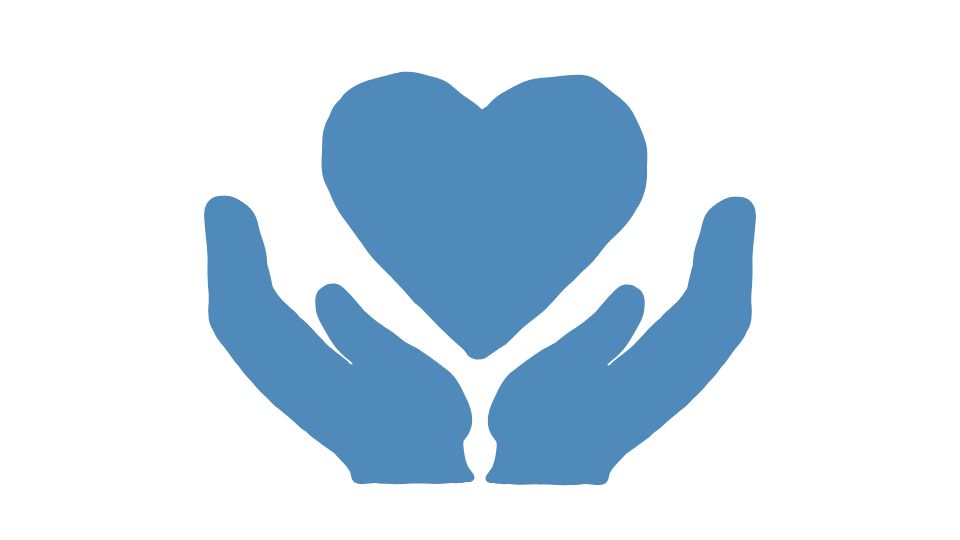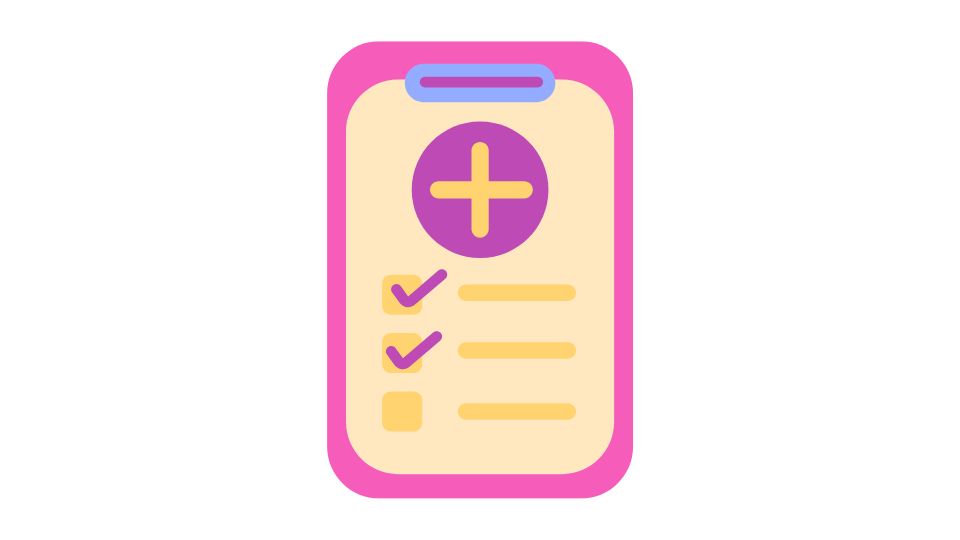Popular Workshop Topics from the Upcoming Health Equity Conference

Health equity isn’t just a buzzword – it’s the foundation of a healthcare system that works for everyone, regardless of race, income, or zip code.
Workshops on health equity bring together healthcare professionals, community advocates, and policymakers to tackle the tough questions about why some communities experience drastically different health outcomes than others and more importantly, what we can do about it. 🏥👩⚕️👨⚕️
Key Topics in Health Equity Workshops
Social Determinants of Health

The social determinants of health (SDOH) are the non-medical factors that influence health outcomes – basically everything outside the doctor’s office that affects your health.
Think about it: your income, education, neighborhood, social connections, and even access to transportation can have a HUGE impact on your health. In fact, these factors account for about 80% of health outcomes, which is why they’re front and center in any serious health equity conversation.
Workshops typically dive into:
- How poverty creates barriers to healthy food and safe housing
- Ways that education level impacts health literacy and outcomes
- The role of structural racism in creating and maintaining health disparities
- Practical strategies for healthcare systems to address these factors (like screening patients for food insecurity or transportation needs)
A comprehensive study by the Kaiser Family Foundation found that addressing social determinants can significantly reduce health disparities and healthcare costs.
Access to Care
Let’s be real – having health insurance doesn’t automatically mean you have healthcare access. 🚫
Health equity workshops explore the many barriers that prevent people from getting care:
- Geographic barriers: Rural communities with no doctors for miles
- Financial barriers: High deductibles and copays that make people avoid seeking care
- Systemic barriers: Complicated appointment systems, limited office hours, and lack of childcare
The solutions discussed typically include:
- Expanding telehealth services (especially after COVID showed us what’s possible)
- Mobile health clinics that bring care directly to underserved communities
- Community health workers who help navigate the healthcare maze
- Transportation assistance programs
According to the American Hospital Association, healthcare organizations that implement these solutions see improved patient outcomes and reduced emergency department visits.
Cultural Competence and Humility
Having a doctor who understands your background, language, and values isn’t a luxury – it’s essential for good care. 🌎
Health equity workshops often emphasize:
- The difference between cultural competence (knowing about cultures) and cultural humility (recognizing you’ll never know everything)
- Implicit bias training to help providers recognize their own unconscious assumptions
- Language access services that go beyond basic translation
- How to incorporate diverse perspectives in healthcare decision-making
This isn’t just about being nice – research shows that culturally responsive care leads to better adherence to treatment plans, improved patient satisfaction, and better health outcomes.
Community-Based Interventions

The most effective solutions often come from within communities themselves. 🏘️
Workshop participants learn about:
- Community health needs assessments that identify local priorities
- Asset-based approaches that build on existing community strengths
- Authentic partnerships between healthcare systems and community organizations
- Case studies of successful community-led health initiatives
For example, a community-based diabetes prevention program in a Hispanic neighborhood might include cooking classes using traditional foods, exercise groups at local churches, and Spanish-speaking health coaches from the community.
The CDC’s guide on community health improvement provides frameworks for these community-centered approaches that workshop participants can adapt to their own settings.
Policy and Advocacy
Individual interventions can only go so far – sometimes we need to change the rules of the game. 📋
Health equity workshops often cover:
- How policies at local, state, and federal levels impact health equity
- Data-driven advocacy strategies to influence policymakers
- Building effective coalitions across sectors
- Communicating about health equity in ways that resonate with different audiences
The goal isn’t just to educate participants about policy, but to equip them with concrete skills to advocate for health-promoting policies in their own communities.
Research and Technology
Innovation can either widen or narrow health gaps, depending on how we implement it. 💻
Workshop discussions typically explore:
- How to ensure AI and machine learning algorithms don’t perpetuate existing biases
- Using data analytics to identify disparities in care
- Digital health equity – ensuring technologies are accessible to all populations
- Community-based participatory research methods that engage affected communities
Best Practices for Organizing a Health Equity Workshop

If you’re planning to organize a health equity workshop, here are some key considerations:
Include diverse voices – Make sure your speakers and participants represent different perspectives, including those with lived experience of health inequities. Avoid the “talking about us without us” problem! 🗣️
Make it action-oriented – Don’t just discuss problems; focus on solutions and concrete next steps. Participants should leave with a plan, not just awareness.
Use mixed formats – Combine presentations with interactive exercises, small group discussions, and role-playing to accommodate different learning styles
Create psychological safety – These conversations can be uncomfortable. Establish ground rules that allow for honest dialogue without judgment.
Provide follow-up resources – Equity work doesn’t end when the workshop does. Offer toolkits, peer support groups, or coaching to help participants implement what they’ve learned.
Implementing Change: From Workshops to Action
The ultimate goal of any health equity workshop is to create real-world change. Here’s how to make that happen:
Start Small, Think Big
Begin with pilot projects that can demonstrate success and build momentum. Maybe that’s implementing a social needs screening in one clinic or partnering with a single community organization.
Success breeds success. Once you have data showing improvement, you can expand and scale.
Measure What Matters
You can’t improve what you don’t measure. Develop metrics that:
- Track health outcomes by race, income, and other relevant factors
- Measure progress on process changes
- Capture patient/community perspectives
And remember – not everything that matters can be measured easily. Sometimes qualitative data (stories, experiences) is just as important as the numbers.
Build Sustainable Systems
One-off initiatives aren’t enough. Embed equity into organizational structures through:
- Equity impact assessments for new programs and policies
- Budget allocations specifically for equity work
- Leadership accountability for equity metrics
- Hiring and promotion practices that value equity expertise
As health equity expert Dr. Camara Jones points out, “Addressing health equity is not an initiative or a program but a transformation in how we work.”
Health equity work is challenging, complex, and absolutely essential. The good news? When done right, health equity workshops can spark the ideas, connections, and momentum needed to create meaningful change.
And the even better news? This work benefits everyone. A healthcare system that works for the most marginalized works better for all of us. 💪

